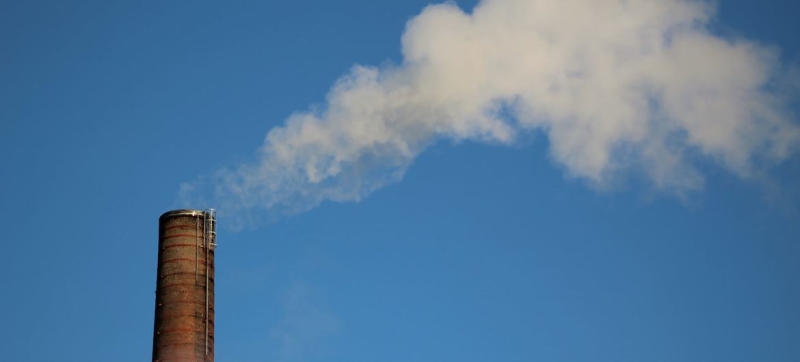
About a third of global warming is due to methane, a component of natural gas. The UN calls for increased action to reduce methane emissions Climate and Environment
Countries must accelerate action to minimize rising global temperatures and reduce methane emissions. Otherwise, the Global Methane Agreement’s goal of reducing emissions of this gas by 30 percent by 2030 will not be achieved. This is stated in a new report from the United Nations Environment Program (UNEP).
Methane continues to be the second most important driver of climate change after carbon dioxide. It accounts for 30 percent of global warming.
Observational data is the most important tool
A critical tool for tracking methane emissions is real-world observational data, which has historically been underestimated. UNEP reports that oil and gas companies are participants in the Oil and Gas Methane Partnership 2.0 (OGMP 2.0), created under the auspices of The organizations plan to track a third of emissions from global methane production using real-world measurements. “Reducing methane emissions could quickly change the trajectory of global warming, buying time for long-term decarbonization efforts, so It is encouraging that data-driven tools are helping the oil and gas industry report on their emissions and set ambitious reduction targets,” said Inger Andersen, Executive Director of UNEP.
Reaction to warnings
UNEP notes that if in 2024 only one percent of recipients (governments and companies) responded to warnings about methane emissions recorded by UNEP, then this year the figure has risen to 12 percent. Yet nearly 90 percent of such warnings go unanswered. “To remain on track to meet Paris Agreement targets, progress in reporting must lead to real emissions reductions. Every company must join the Oil and Gas Methane Partnership 2.0, and governments and operators must respond to satellite warnings and then take action to reduce emissions,” Andersen said. dir=”ltr”>Transparency in the industry is growing, but concrete action is needed OGMP 2.0 is the global standard for measuring and reducing methane emissions from the oil and gas sector and serves as the basis for methane legislation in the largest consuming market the European Union. Over the past five years, OGMP 2.0 has had more than doubled. The partnership now includes 153 companies from different countries, accounting for 42 percent of global oil and gas production. Companies currently report—or will soon report—a third of global oil and gas production to the OGMP 2.0 “Gold Standard,” which means emissions are tracked based on real-world measurements. This allows us to not only effectively measure but also reduce emissions. Sixty-five companies, representing 17 percent of global oil and gas production, have already achieved the Gold Standard. About 50 companies, representing another 15 percent of global production, are on track to achieve full compliance with the standard. Another 22 companies provide emissions data, but their reporting does not yet meet the requirements of the “Gold Standard”. is expanding its Steel Methane Programme, which will, among other things, improve transparency in the sector. Through the Observatory, UNEP has also supported 46 methane studies on six continents. These studies filled knowledge gaps, including by testing new technologies for measuring emissions from oil and gas facilities and quantifying emissions in coking coal mining regions. The International Observatory is also developing estimates of methane emissions from rice cultivation and livestock farming.
